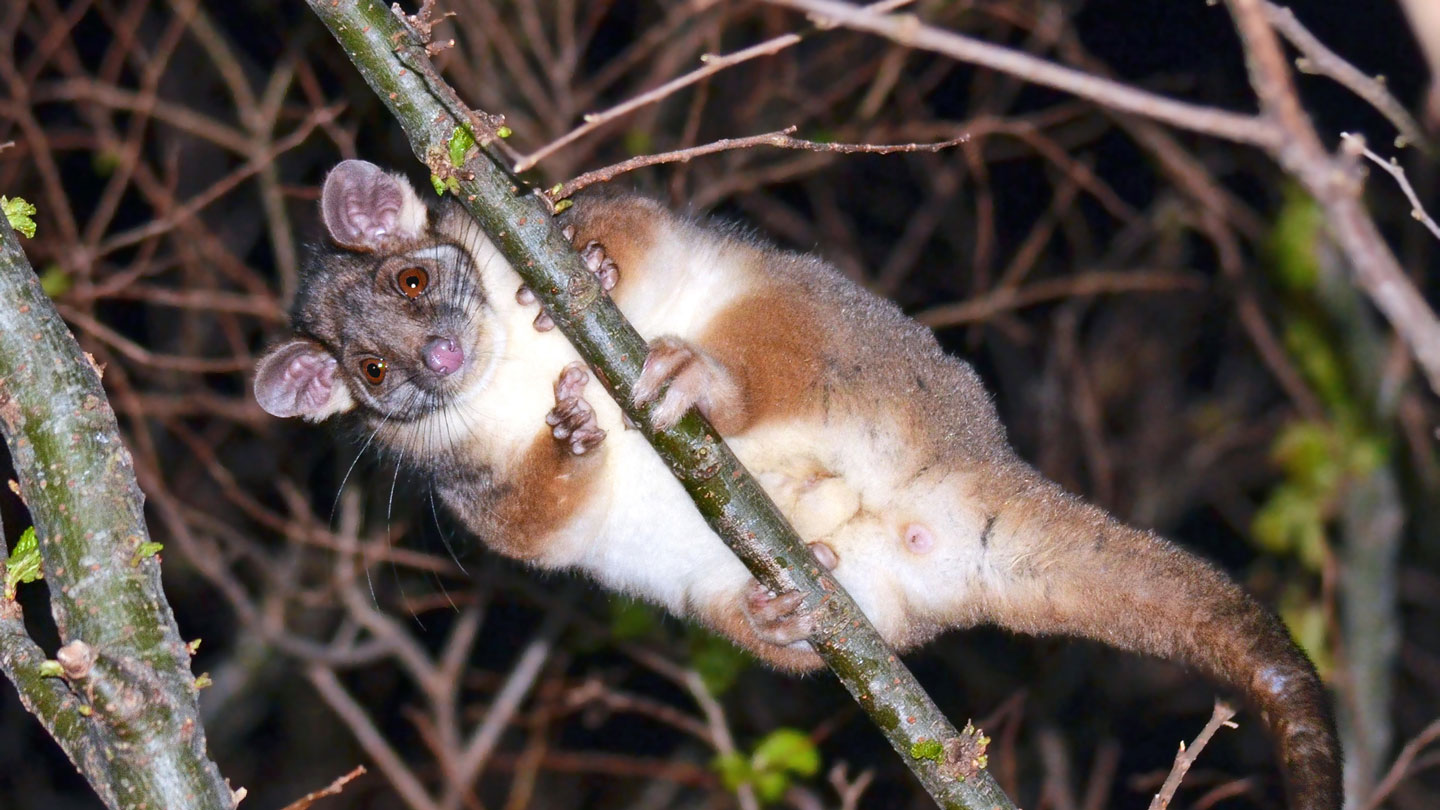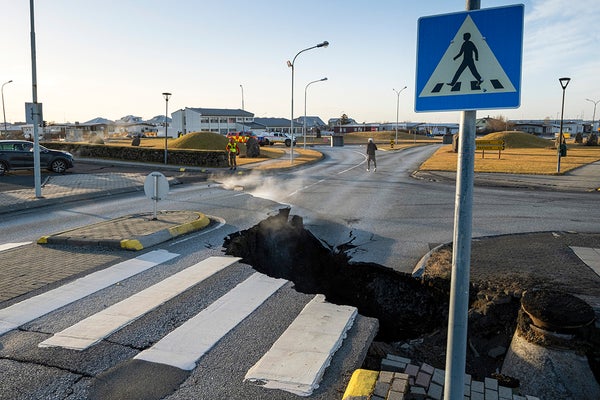HOUSTON — Some mosquitoes buzzing around parts of Australia could be ferrying dangerous cargo from possums to people: flesh-eating bacteria.
Mycobacterium ulcerans is the microbe behind Buruli ulcer, a disfiguring skin disease that largely occurs across areas of Australia and Africa (SN: 7/17/99). Antibiotics can help ulcers heal completely, but untreated cases can cause scarring, permanent disfigurement and disability.
Humans aren’t the only creatures that can get the disease. In Australia, the country’s native possums — including the common ringtail (Pseudocheirus peregrinus) — do too, developing ulcers and shedding the bacteria in poop. The possums are thought to transmit the bacteria to people, and researchers have suspected mosquitoes interacting somehow with infected possums could play a role.
Figuring out exactly what animals may harbor the bacteria and how they come into contact with people could help with efforts to control the disease. But a link between the possums, mosquitoes and people hadn’t been found.
Now, surveys of mosquitoes in southeastern Australia have provided that link. Analyses of captured mosquitoes show that a small number of the insects had recently fed on both possums and people, molecular microbiologist Timothy Stinear reported June 18 at the ASM Microbe 2023 meeting.
Genetic analyses also revealed that M. ulcerans bacteria from mosquitoes, possums and people are identical, Stinear and colleagues reported May 7 at bioRxiv.org in a preliminary study that has not yet been reviewed by other scientists. The finding that the microbes have indistinguishable DNA in all three “really [ties] up that transmission chain between all of these species,” said Stinear, of the University of Melbourne in Australia.
The research provides “pretty compelling” evidence that mosquitoes could be transmitting the disease in Australia, says Jennifer Guthrie, a microbiologist and epidemiologist at Western University in London, Canada, who wasn’t involved in the work.
M. ulcerans is a slow-growing microbe. It can take from two to nine months before people develop symptoms of the flesh-eating disease. “Pinpointing transmission of something that happened months and months ago is really challenging,” Guthrie says.
In their research, Stinear and colleagues captured more than 72,000 mosquitoes from the Mornington Peninsula, a part of southeastern Melbourne where the disease is found. When the team tested about 18,000 individuals for M. ulcerans, nearly all that tested positive belonged to one species of day-biting mosquito: Aedes notoscriptus.
Of 13 mosquitoes from that species that had recently fed on an animal, two had sucked blood from both a ringtail possum and a person. That’s a small number, but such mosquitoes are probably rare, given that only about 200 to 300 cases of Buruli ulcer are reported in Australia each year, though cases are on the rise. In 2022, around 2,100 Buruli ulcer cases from 11 countries were reported to the World Health Organization.
The team also found overlap among the areas where infected mosquitoes hang out, where researchers find possum poop contaminated with the bacteria and where there are diagnosed Buruli ulcer cases in people. But it’s still unclear how exactly the mosquitoes may carry M. ulcerans from animal to person.
It’s possible that A. notoscriptus feeding on possum ulcers could physically bring microbes along for the ride to their next victim. But other mosquito species analyzed by the researchers also feed on possums yet don’t seem to pick the bacteria up. Another idea is that possums’ poop sometimes ends up in the small artificial containers where A. notoscriptus likes to lay its eggs, contaminating the water and infecting the growing insects.
The transmission of the disease in Australia appears to be distinct from what occurs in Africa. In western Africa, water bug bites can inject the bacteria into skin (SN: 3/26/08). Whether the bugs transmit the microbes to people from another animal is unknown.
M. ulcerans from each continent are so genetically similar that it’d be surprising if the transmission cycle were incredibly different, Stinear said. But, so far, surveys in western Africa of other animals including mosquitoes and small mammals have yet to turn up signs of M. ulcerans. It’s possible, he said, “we’re missing something in our studies in Africa.”














